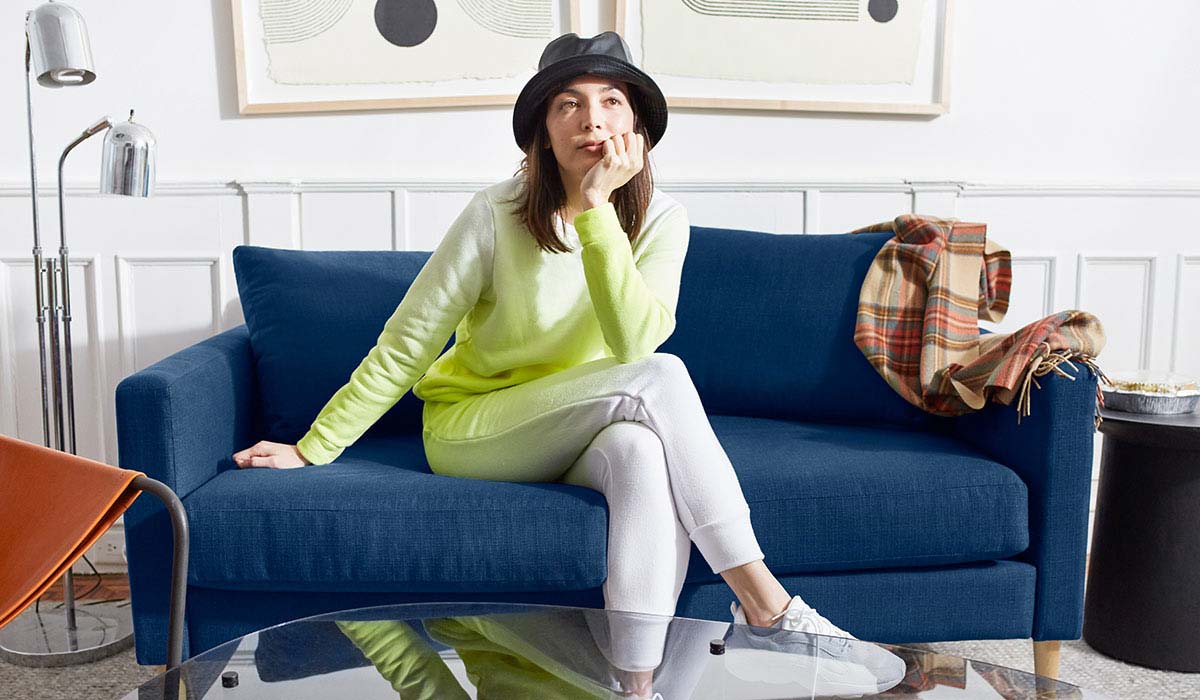Matching furniture with wall colors is key to achieving a cohesive and inviting space. This guide will help you navigate the process for stunning results.
One of the most important aspects of interior design is choosing and coordinating furniture and wall colors. A well-chosen color scheme not only enhances the beauty and harmony of a space but also creates a sense of balance. In this article, we will explore tips and strategies for matching furniture with wall colors to help you create a beautiful and balanced environment.
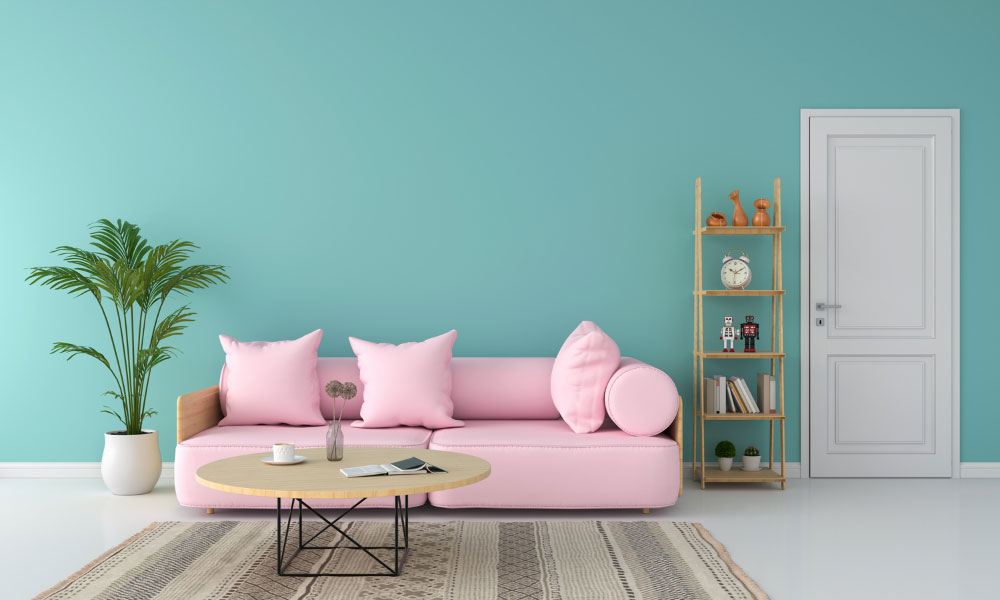
Choosing the Right Color for Walls
The first step in matching furniture with wall colors is selecting the right color for the walls. It’s essential to remember that the color of your walls plays a crucial role in setting the mood of a room. Light colors like white and beige make a space feel larger and brighter, while darker shades like navy blue or gray can make a room feel warmer and cozier. Here also you can find a suitable content for choosing living rooms color as well.
Important Tips:
- Room Size: In smaller rooms, use light colors to make the space appear larger.
- Lighting: In rooms with limited natural light, using warm and bright colors can help make the space feel more open and inviting.
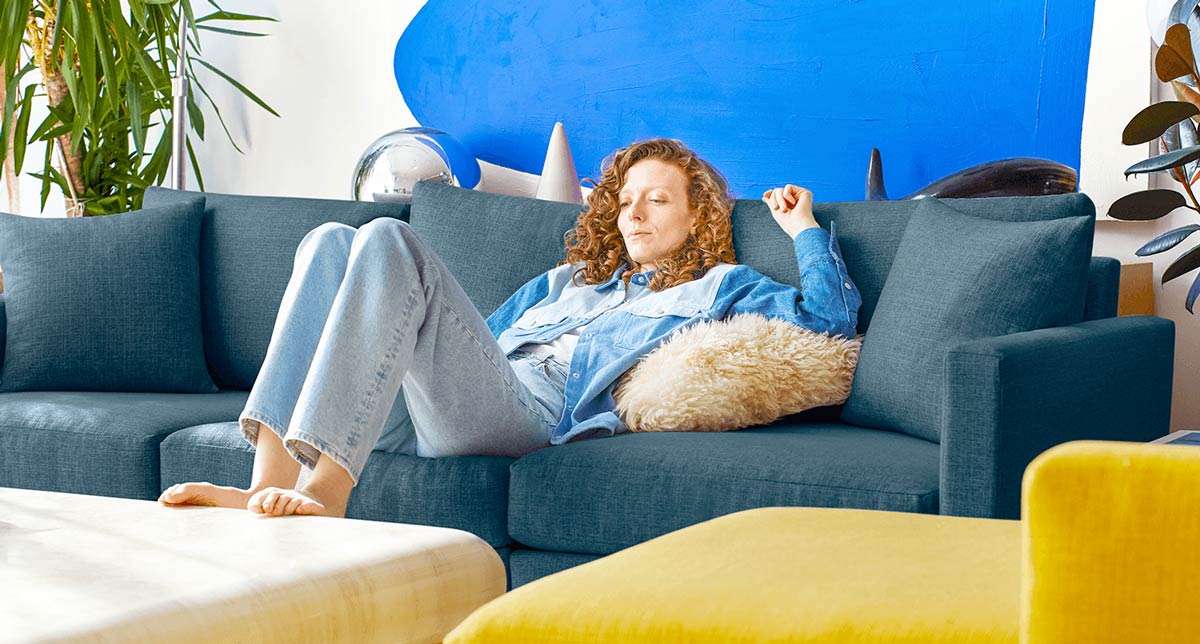
Tips for Matching Furniture with Wall Colors
Here are some simple methods for better matching furniture with wall colors:
- Use Complementary Colors: One effective approach in interior design is to use complementary colors. For example, if your walls are painted light blue, you can pair them with furniture in shades of orange or yellow. Using complementary colors adds vibrancy and energy to the space.
- Neutral Colors: Neutral colors like gray, beige, and white allow you to use a variety of furniture colors. Warm-colored furniture like brown or cream complements neutral walls, creating a comfortable and welcoming environment.
- Create Contrast: If you want to create contrast in your decor, opt for contrasting colors. For instance, if your walls are dark, lighter furniture can balance the space and add a distinctive flair.
- Combine Similar Shades: For a more cohesive and unified look, you can combine similar shades. For example, if your walls are painted light green, you can use darker green or blue furniture to maintain harmony in the room.
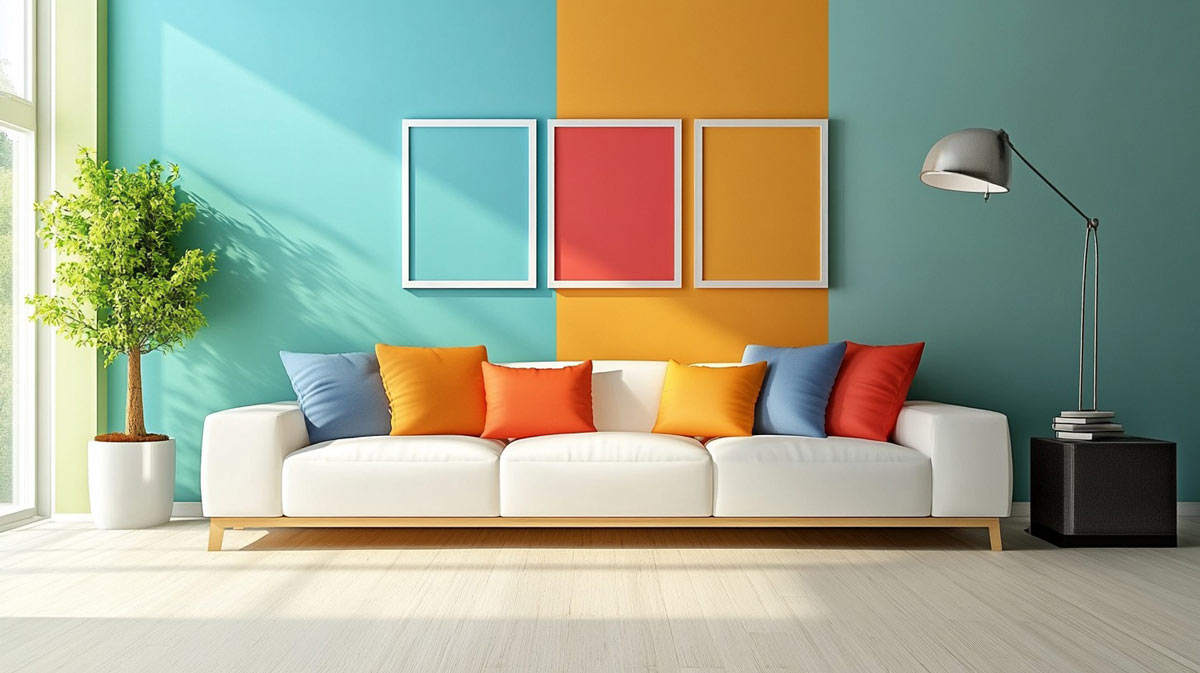
Complementary Colors for Interior Design
To choose complementary colors for walls and furniture, refer to the color wheel. This tool helps you identify which colors work well together. Some popular complementary color combinations in interior design include:
- Blue and Orange: This combination brings energy and liveliness to the space.
- Purple and Yellow: These colors add luxury and elegance to the decor.
- Green and Pink: This pairing creates a calming and cozy atmosphere.
Frequently Asked Questions
- How can I match furniture with wall colors?
You can match furniture with wall colors by using complementary or neutral colors. Creating contrast or combining similar shades can also help achieve visual balance. - What are the best colors for furniture and walls?
Neutral wall colors like white, beige, and gray are very popular. For furniture, warm colors like brown and cream or vibrant shades like blue and yellow are great options. - What are the key points to consider when choosing wall colors for interior design?
Room size, natural lighting, and coordination with furniture are essential factors to consider when choosing wall colors.
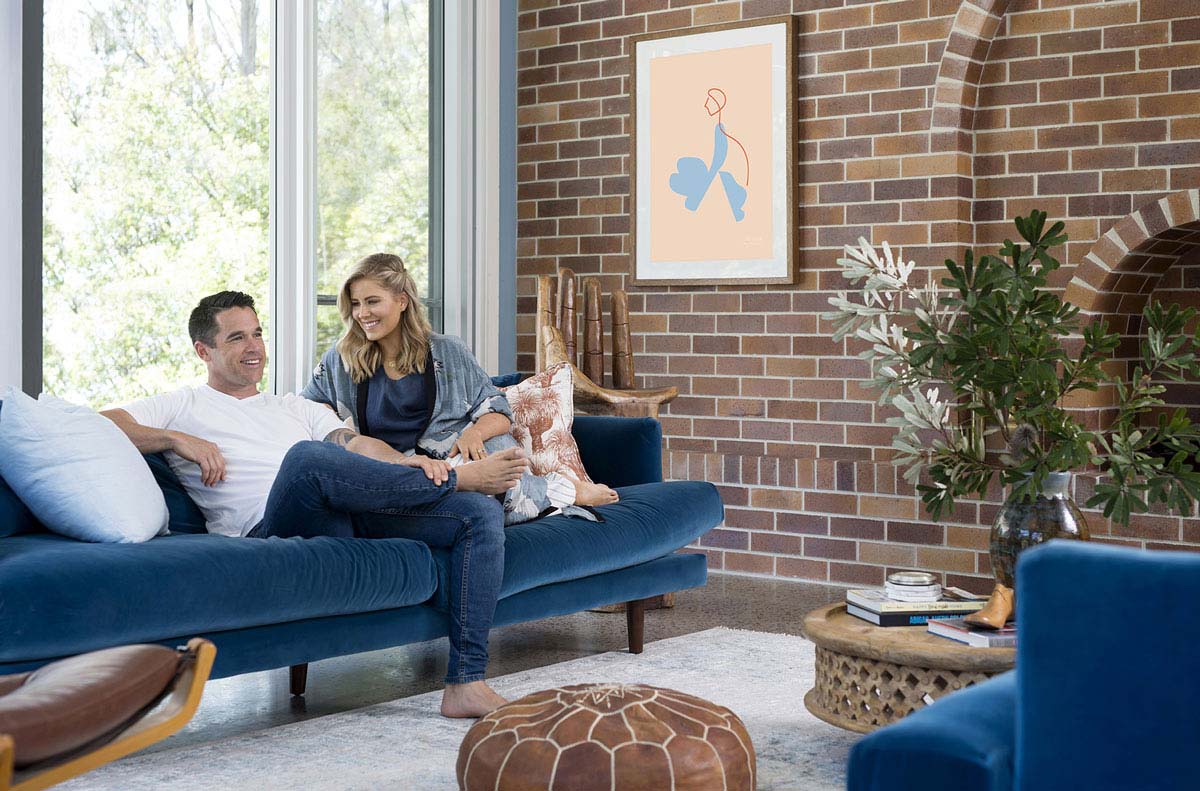
Conclusion
Coordinating furniture with wall colors is one of the keys to success in interior design. By selecting the right colors and using complementary or contrasting techniques, you can create a beautiful and balanced space that reflects your preferences and needs.

